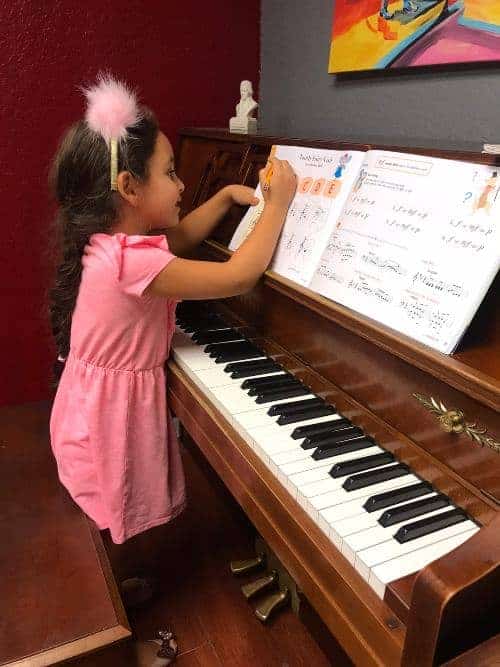
Determining the ideal age for a child to embark on the exciting journey of music lessons is a nuanced process that can vary significantly based on each child’s developmental readiness. While many child development and music education experts suggest that ages 3 to 4 are prime years for starting music lessons, it is essential to recognize that this timeframe is not one-size-fits-all. Children at this early stage of their lives typically show the budding fine motor skills necessary for playing simple instruments like tambourines and maracas, and they possess an innate capacity for learning and retaining new information that is particularly heightened. Cognitive functions associated with memory, pattern recognition, and language development are rapid in this age group, providing an excellent backdrop for introducing the world of music.
However, it is crucial to acknowledge that not all children will be emotionally or developmentally equipped to dive into music lessons at ages 3 or 4. Individual differences in temperament, maturity, and interests significantly affect how well a child might acclimate to a structured music program. For some children, a music class’s high-energy, fast-paced environment may feel overwhelming, while others may flourish and find joy in it. Therefore, evaluating a child’s personality traits, enthusiasm, and unique learning style is essential before embarking on this artistic adventure. For example, a child who demonstrates curiosity about sounds and rhythm may be ready to embrace music lessons sooner than a child who is more reserved and hesitant.
Additionally, the type of music instruction offered can significantly impact a child’s experience. For the younger age group of 3 to 4 years, engaging group classes incorporating elements such as singing, dancing, and playing simple instruments can be a beautiful introduction to the world of music. These group settings foster a sense of community and shared experience and allow children to learn through play—an approach vital in early childhood education. Activities may include clapping to a rhythm, echoing melodies, or dancing freely to music, which can strengthen their motor skills and promote social interaction. In contrast, older children, usually starting around ages six and above, may benefit more significantly from structured and formal lessons that delve into music theory, notation, and more complex instrument skills. This structured approach can help older children better understand music as an art form and a discipline.
Ultimately, the decision of when to start music lessons should be personalized to cater to each child’s individual needs and interests. Parents play a vital role in this process and should discuss their enthusiasm for music with their children. Collaborating with a qualified music instructor who can provide insights based on their experience and knowledge in teaching young children is also beneficial. Additionally, consulting with a pediatrician can reassure the child that the timing is developmentally appropriate, ensuring a positive and fulfilling musical experience ahead. By considering these considerations, parents can create an enriching and joyous journey into the world of music, one that may ignite a lifetime of passion and creativity.
